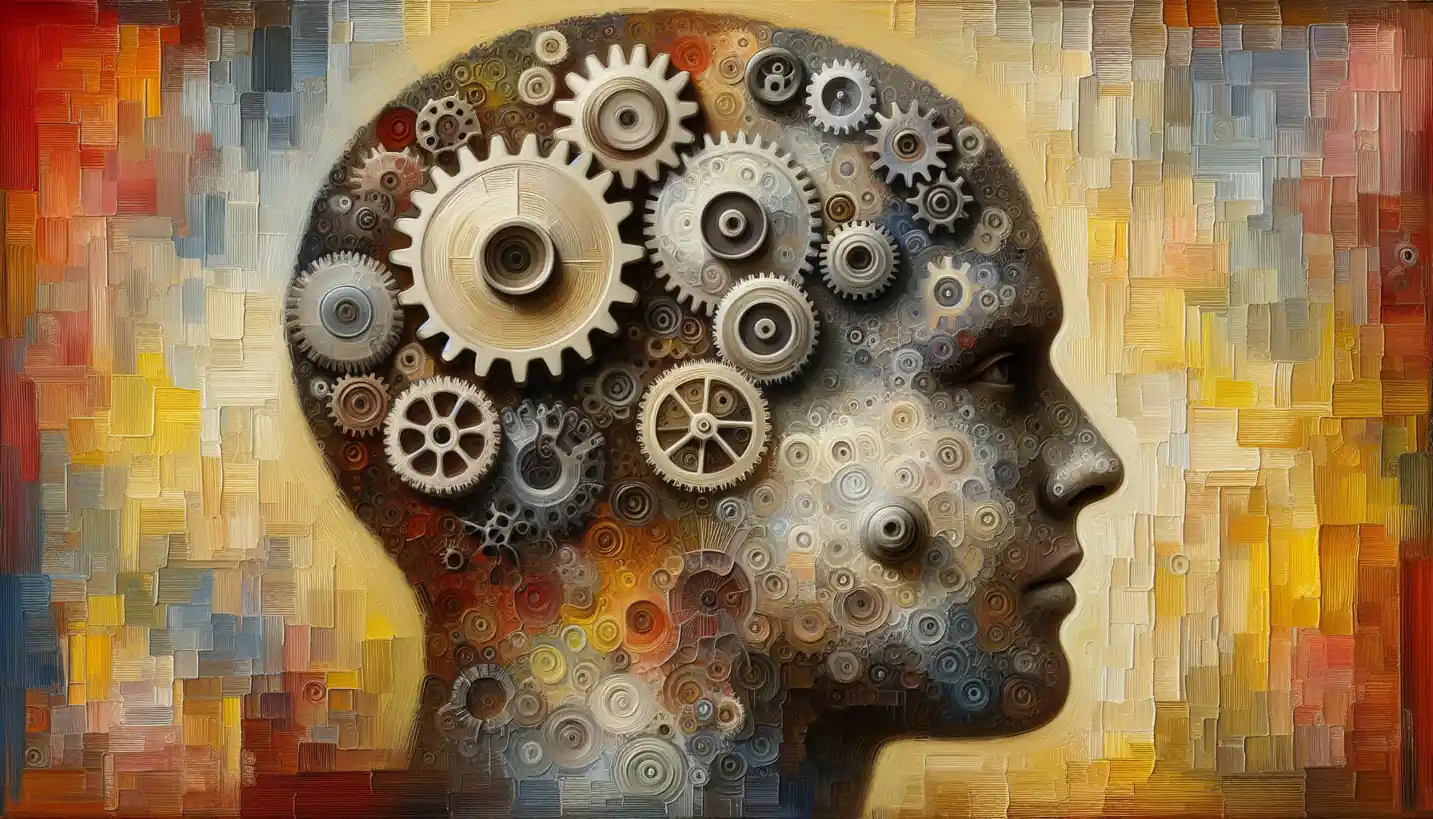· Psychology · 4 min read
Understanding Fundamental Attribution Error: A Social Psychology Insight
The fundamental attribution error describes our tendency to overemphasize personality traits rather than situational factors. Discover this common psychological bias and its implications.

Have you ever found yourself wondering why someone was being rude and instantly thought they must be a bad person? This is a classic example of what social psychologists call the “fundamental attribution error.” Let’s dive into this fascinating concept to see how it shapes our everyday interactions and perceptions.
What is the Fundamental Attribution Error?
The fundamental attribution error is a common human tendency to attribute other people’s behaviors to their character or personality while overlooking the situational factors that might have influenced their actions. Essentially, we tend to think that people’s actions reflect who they are, rather than the context they find themselves in.
Imagine you’re driving, and someone cuts you off. It’s easy to jump to the conclusion that they’re reckless or inconsiderate. We often don’t consider the possibility that they might be rushing to an emergency or simply didn’t see you. In contrast, when we make a driving mistake, we usually blame the situation: being late, stressed, or distracted.
Why Do We Make This Error?
This error stems from the way our brains are wired. Focusing on personality provides a simpler and more accessible explanation for someone’s behavior. It’s easier to say, “She’s just careless,” than to analyze the myriad of situational factors that might be at play.
Culture also plays a part. Western cultures, which often emphasize individualism and personal responsibility, are more prone to this error. In contrast, collectivistic cultures, which focus more on community and situational factors, might make this error less frequently.
The Impact of Fundamental Attribution Error
This error can significantly affect our social interactions and judgments. By oversimplifying situations and attributing behavior to character, we risk forming unfair or biased opinions. For instance, in workplaces, a manager might view an employee’s mistake as a sign of incompetence, ignoring external issues like workload or lack of training.
Additionally, this error can exacerbate stereotypes. When people fit a stereotype in a particular instance, we might attribute their behavior to their group characteristics, fostering bias and prejudice.
How Can We Overcome It?
Overcoming the fundamental attribution error requires conscious effort and empathy. Here are some ways to tackle it:
Pause and Reflect: Before jumping to conclusions about someone’s behavior, take a moment to consider potential situational factors. Did they perhaps have a bad day? Is there something in the environment causing stress?
Think Like a Detective: Consider multiple possible explanations for someone’s behavior. It could be helpful to gather more information before forming a judgment.
Practice Empathy: Put yourself in the other person’s shoes. How might you behave if you were in their situation?
Real-Life Applications
Understanding and addressing the fundamental attribution error can be crucial in various realms:
In the Workplace: Managers and colleagues who recognize this error are likely to create a more supportive work environment by focusing on circumstances as well as individual responsibilities.
In Education: Teachers who consider situational factors impacting students’ performance can better cater to their needs, thereby fostering a more conducive learning atmosphere.
In Relationships: Being aware of this error can improve communication and understanding, reducing unnecessary conflicts and misunderstandings.
The Bigger Picture
The fundamental attribution error is just one piece of the broader field of social psychology, which examines how our thoughts, feelings, and behaviors are influenced by the presence of others. It reminds us that human behavior is complex and influenced by a myriad of factors.
In our fast-paced world, where snap judgments are often encouraged and rewarded, recognizing and mitigating this error can lead to greater understanding and compassion in our interactions. By slowing down and considering the full picture, we can make more informed and empathetic assessments of those around us.
As you navigate your daily life, remember this concept. The next time someone’s behavior puzzles you, think beyond the surface and delve into the context. The world is complex, and understanding it requires a nuanced approach. In doing so, we not only become better at interpreting others’ actions but also cultivating a kinder world.


